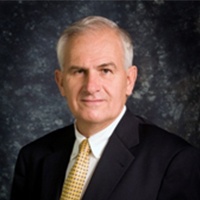Grafton Juvenile Law Lawyer, West Virginia
Not enough matches for Grafton Juvenile Law lawyer.
Below are all Grafton Criminal lawyers.
William C. Brewer
✓ VERIFIEDDivorce & Family Law, Medical Malpractice, Litigation, Criminal, Accident & Injury
Some Trial Lawyers Say They Have Experience. We Actually Do.
Legal challenges require top-level experience and skill. That’s why individuals and businesses in West Virginia (WV) turn to attorney William C. Bre... (more)
Sean Thomas Logue
✓ VERIFIEDCriminal, DUI-DWI, Traffic, Felony
Serving Clients in the Greater Pittsburgh Area and West Virginia
Sean Logue is a diligent attorney who excels at representing people who have been charged with criminal and traffic offenses in Pennsylvania. He const... (more)



